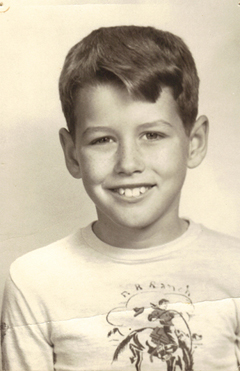The most moving scene in the movie for me lasted less than a minute on the screen. It showed probably a mile of long-haul truckers lining the road to the prison to which Jimmy Hoffa and Bobby Charo were being transported in the late 1960's. Transported after they were convicted by The Department of Justice under Robert Kennedy (wonderfully played by Kevin Anderson), for jury tampering and attempted bribery. A conviction obtained by DOJ's finally getting a high union official, Pete Connelly (wonderfully played by John C. Reilly), to testify and reveal that Hoffa and mob kingpin Carol D'Allesandro had agreed to swap Mob protection services for IBT strikers and profits for the Mob, for profits for the union's members from the Mob's investment of union monies from the IBT pension fund. (The IBT pension fund evidently benefitted substantially from its Mob-made investments, and there was never a showing that Jimmy Hoffa or Bobby Charo benefitted personally from them.)
At this point, I feel like I've dwelled on the movie's complexities and ignored its essence and significance. In fact, the movie fit very well into a period of extreme violence in American movies in 1992 ├ ?? but its politics and aesthetics were directly contrary to the politics of most of these violent movies. In general, other violence-genre movies from the days of Dirty Harry in the early 1970's until 1992 were, in effect if not intent, simple-mindedly supportive of America's exploitative political economy at home and illegal wars abroad.
For having politics directly opposed to that when it appeared in 1992, Hoffa the movie was effectively ├ ??disappeared├ ? Ł from the minds of the moviegoers in this country, by the persons and institutions who were responsible for America's wars abroad and social backwardness at home in 1992, and who still are today, on the day we honor labor, September 7, 2009.
(Note: You can view every article as one long page if you sign up as an Advocate Member, or higher).





